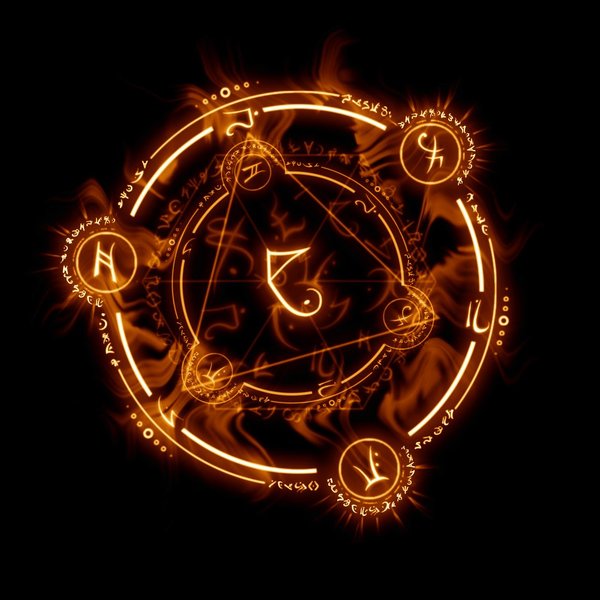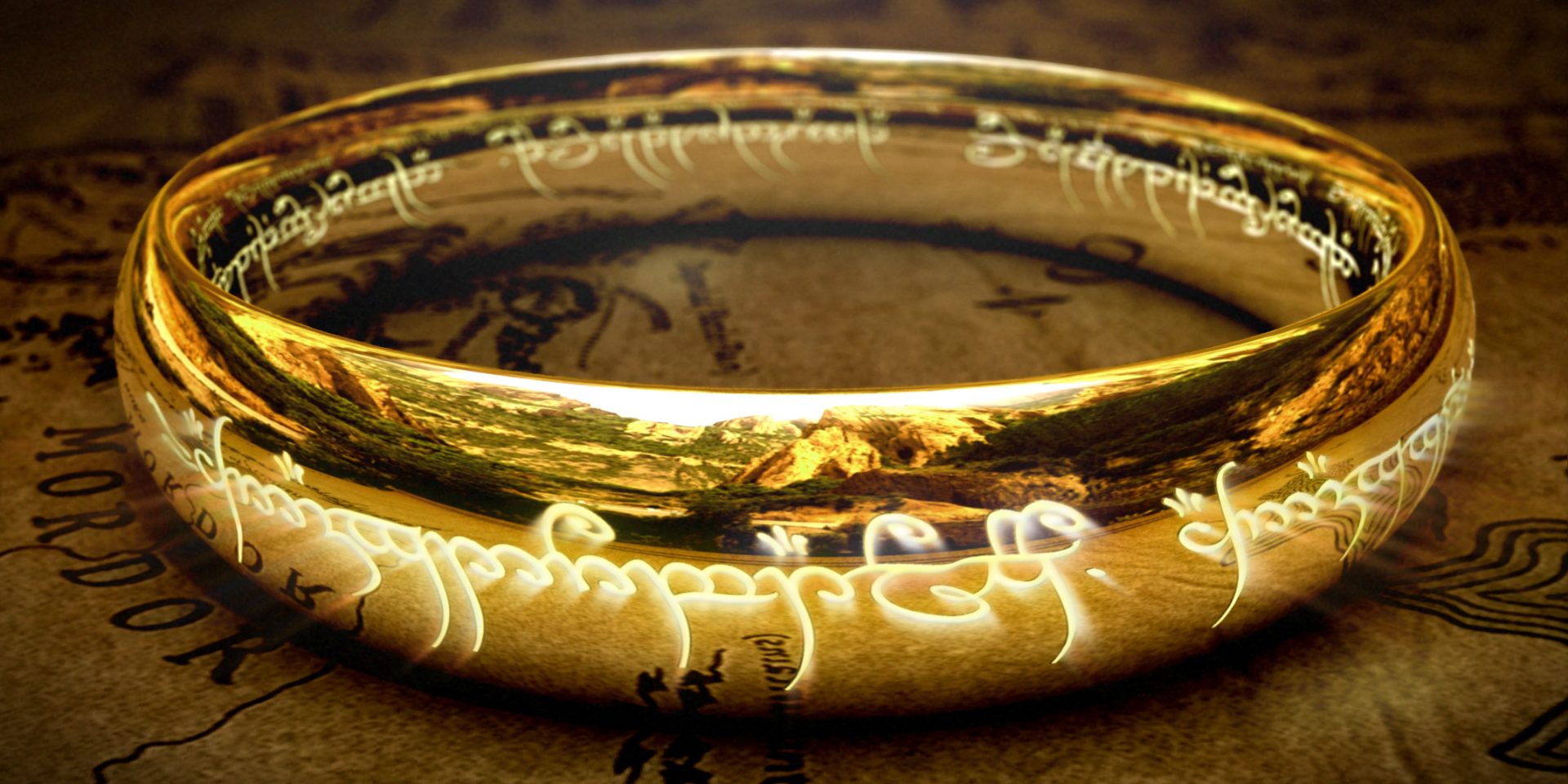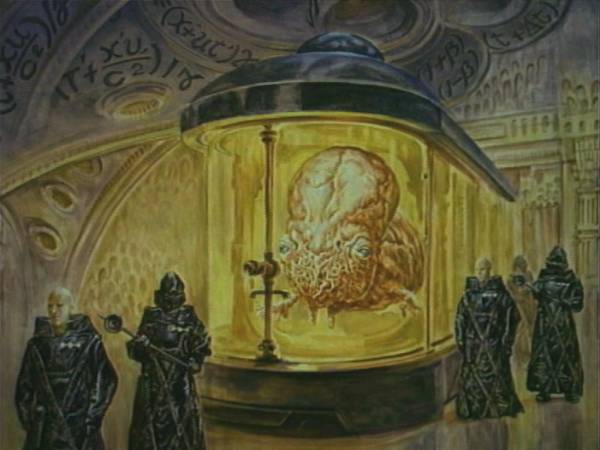Magic
Basics of magic
Mastering the usage of the energy hidden within will bring you money and influence. If you master using the energies of the world, you will get status and fame. Should one learn to use the power of others' souls, they become a god.Each living creature has an aura, and it is responsible for accumulating and usage of both arcane energy and divine energy energies. The effectiveness of the aura is defined by how big and complex it is because a complex aura of the same size can hold much more energy flowing through her. The size of an aura could not be changed, but divine energy starts to shape your aura in an individual pattern, becoming more complex the more divine energy you use. Arcane energy can also improve your aura, but it is way less effective and often improve only specific parts of aura that you use for magic. Magic in Prethoria can belong to one of three classic branches: arcane, runic or divine. However, it can not be divided into merely those three types as there exist at least few different ways of fueling arcane magic, and some people claim that runic magic is simply a branch of arcane magic or no magic at all.
Arcane magic
Why I became an imperial mage, you say? Is it not obvious? Because everyone admires the title and they will admire me once I kill every last one of you here!If you say or ask something about magic, the first thing the person would think about would be arcane magic. Mages, as arcane magic users are called, learn to create spell formulas from small basic blocks, and those formulas are not the same. A spell usually looks at least a bit different when created by different mages, with more complex spells having completely different formulas. One could, of course, use a spell without making their own formula for it, but your teacher's formula will never become your own, and the spell would not work as well — or at all. The blocks used for spell formulas can include words, gestures and material components, with each of them increasing the spell's complexity. Mages use the energy in their aura, from whatever source it is, to fuel those formulas, and that is how a spell is born. Its efficiency is further affected by the tone of arcane energy used to fuel the spell, as arcane mages tend to prioritise some of the elements over others which changes the tone of the energy that is best suited to their aura. That is, most mages specialise in one or two nature elements, usually having several favourite spells, and dedicate their efforts to increase the efficiency of those spells by inventing new, better formulas for them. They are much of scientists in this sense, though the primary use of arcane magic is battle magic.
Inner power
And shame on you if you gave birth to a child who can use magic naturally; for that means you have cheated on your husband and the father is not him but someone of another race. Such deed is a reason enough for divorce, and in many places is punishable by banishment or even death.Inner power is the easiest way you can learn to use arcane magic, but it is not available to everyone. Some people are just born with the ability to use it. It may be the blood of magical creatures in your veins, continued presence near a Place of Power or just reasons yet unknown. This talent can vary in strength a lot, and some mages are even able to use it on a basic level without proper education, especially as kids. According to a modern theory, this talent is merely an ability to gather and transform raw arcane energy subconsciously. Unlike other types of magic, inner energy is stored not in the aura but in the body of a mage, though it still has to be transferred to the aura in order to be used. That allows for much faster filling of the aura with energy but puts pressure on the body, and there are limits to how much energy you can safely extract without damaging your own body. The blood rituals performed by someone with strong inner power are a very dangerous tool, especially if they are willing to sacrifice their own life.
Elemental magic
A human setting an entire forest on fire with a single spell, an elf crushing the enemy formation with rampant waves, a dwarf turning his home mountains into an impassable death trap... So different and yet so similar. They all use the... Hey, do not sleep during my lessons!Using arcane energy is a difficult thing to learn, but those who manage to do so are welcomed in every city and any army. As opposed to using the inner power, they accumulate and transform the raw arcane energy, making it compatible with their aura to be stored there until needed. It is a slow process, but due to it, one's aura structure will become more complex over time, surpassing the inner power in terms of capacity later on. Acquiring energy speeds up with time as well, and some mages are even able to partially drain the area around them. Many of those who are able to control their inner power learn the elemental magic as well. Elemental magic users are the core of defence of any settlement in the Endless Forest as they are usually built around Places of Power which provide elemental mages with an almost unlimited amount of energy. They are, generally, considered the defenders of their realms, and well respected for that. That comes both from a need for long education and their weakness early on, making it a hard way for a lone wolf.
Wild magic
Stay away from wild magic, kid. It may look tempting and beneficial, but it is just like gambling with the Listeners of Kimentar. Now go and make me dinner!Wild magic is, basically, elemental magic but with one crucial difference. Its users do not transform the gathered energy to fit their aura. As a result, energy becomes much faster to gather but also much riskier. Most of the wild magic users die early from the misfired spell, but the experienced ones can rival those with inner power in terms of how fast they can gather energy while suffering no damage to their body. Still, it is not entirely correct to say that wild magic takes no toll on the mage as raw arcane energy starts to alter both the body and the aura of its user.
Runic magic
Damn you, greedy dwarves, why are the prices so high! You are not even mages, just ordinary artisans!Runic magic is a very controversial type of magic, with many claiming that it is a part of arcane magic or no magic at all. The reason for such an attitude is that you indeed do not need to be a mage to create magic with it. Arcane magic is about fueling the spell formula with the energy from your aura; in case of runic magic, you create a runic script on an object that gathers the arcane energy in the same way elemental mages do. It is very standard and strict as well. Runic mages are useless in a fight but extremely useful in a siege or as creators of magic items. Another trait that distinguishes the runic magic from all others is the fact that it is not common. The secrets of that magic were taught to the dwarfs by the race from Flying Fortress of Lead Glass thousands of years ago, and they managed to keep it safe since then. Of course, there were attempts to learn it from time to time, based on the existing artefacts created utilising the technology or even by torturing captured dwarves. To this day, no one has ever made much progress in that, and it ended up being easier to pay dwarves for their work than to cause their rage for the sake of some simple and crude things others managed to create. Yet, some still try to learn it, including the humans who made a little bit of progress and a few adventurous gnomes.
Divine magic
The term "divine magic", despite its popularity, is as far from reality as one can be. The so-called divine magic is no magic but the energy that allows the gods to make demands on the world. If you ask me, the word "miracle" would suit it much better.Divine magic is fueled by divine energy and allows an individual to, essentially, make a wish. In fact, anyone has the potential to use divine magic, but ordinary people rarely can gather divine energy properly, and they can not use it at all. As with any other rule, it would be the only natural for this one to have exceptions as well, but it is not so. The ability to use divine energy is the very criteria of being a deity and not someone ordinary. The most common usage of divine energy that people witness is gods giving their followers power by wishing to create energy as fitting their aura as possible.
My friends and colleagues, my fellow citizens, you all came here today to watch me being burnt alive... That is the punishment imposed on me by the gods, and you dare not object it. You say they rule over life and death, and that is what they want you to believe; but that is not true. We are the ones who have created those gods, and we are the ones who give them power. Without us, they are nothing. Worse than dead. They know and fear that, and they try to break your will. But they can not break mine! And they do not own my fate! I will be the one to take my life, and there is nothing they can do about it!All strong emotions create small pieces of divine energy that go to the subject of those emotions. That way of getting power is precisely the reason why many deities are feared and hated as negative emotions tend to be stronger than positive. Torturing and sacrificing sentient creatures can give one a tremendous amount of power. Some people even reach the level of gods just because of the emotions others feel about them, and those are rarely good. What is worse, the use of divine energy changes the user according to the nature of that energy.
Remove these ads. Join the Worldbuilders Guild







I love the quotes, the Elemental Magic one is my favorite. I like how detailed and concise each form of magic is, it tells us exactly how each form of magic works, where it comes from, and what it's capable of in this world.
Thanks! Yes, the strict rules of what can magic do is the reason why divine magic is so interesting to me as it breaks all the rules.